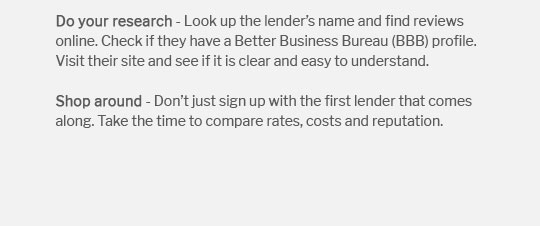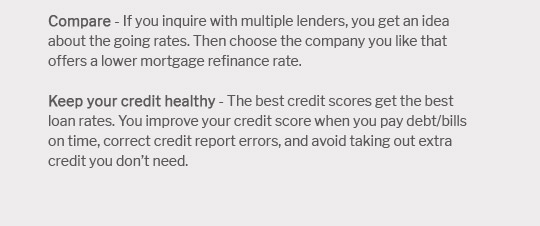 |
|||
 |
 |
 |
 |
|
|---|---|---|
 |
 |
|
 |
 |
|
 |
 |
 |
 |
Understanding Mortgage Interest Rates for Rental Property: Key ConsiderationsThe world of real estate investment is as thrilling as it is complex, with mortgage interest rates for rental property playing a pivotal role in determining the profitability of an investment. Navigating these rates requires a blend of knowledge, strategy, and a keen eye on market trends. In this article, we will explore the multifaceted nature of mortgage interest rates for rental properties, offering insights and considerations that every investor should bear in mind. To begin with, it is essential to grasp that mortgage interest rates for rental properties typically differ from those for primary residences. Why is this the case? Lenders perceive rental properties as riskier investments due to the possibility of tenant turnover and market volatility. Consequently, they often impose higher interest rates to mitigate perceived risks. Thus, the first thing to consider is how these elevated rates can impact your overall investment strategy. When assessing mortgage interest rates, the investor should evaluate the potential cash flow from the rental property. Cash flow is the lifeblood of rental property investment, and higher interest rates can significantly affect it. A well-structured loan at a competitive rate can enhance cash flow, while an unfavorable rate can erode profits. To secure the best possible rate, one might consider factors such as credit score, loan-to-value ratio, and the overall health of the property market. A strong credit score can often be a ticket to more favorable terms, emphasizing the importance of maintaining good financial health. Another point to ponder is the type of mortgage product you choose.
Moreover, it is crucial to stay informed about economic indicators and policy changes that influence interest rates. Inflation rates, Federal Reserve policies, and global economic conditions are just a few factors that can lead to rate adjustments. An astute investor keeps a finger on the pulse of these changes to time their investments and refinancing strategies effectively. In conclusion, while higher mortgage interest rates for rental properties present challenges, they are not insurmountable. With thorough research and strategic planning, investors can not only navigate but also thrive in this environment. By understanding the nuances of interest rates and aligning them with your investment goals, you can make informed decisions that bolster your real estate portfolio. In this ever-evolving landscape, knowledge and adaptability are your greatest allies. https://www.lendingtree.com/home/mortgage/investment-property-mortgage-rates/
Investment property mortgage rates are generally 0.25 to 0.75 percent higher than the mortgage rates on conventional loans for residential properties. https://www.experian.com/blogs/ask-experian/investment-property-mortgage-rates/
Mortgage rates for investment properties are generally 0.25% to 0.875% higher than traditional mortgage rates because investment properties pose more risk to ... https://www.baselane.com/resources/daily-investment-property-mortgage-rates-guide/
Rental property loans - Single-family investment properties typically see a 0.5% to 0.75% rate hike. - Multifamily properties (2-4 units) face an even larger ...
|
|---|